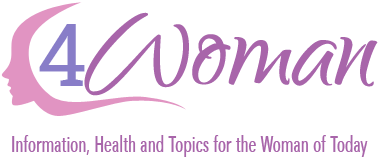MAC
MAC (mycobacterium avium [my-co-bak-teer-ee-um a-vee-um] complex) affects adults with HIV usually when their T-cells drop below 50. Although MAC usually infects people through their lungs or intestines, it spreads quickly through the body. Widespread MAC disease causes fever, night sweats, weight loss, stomach pain, tiredness, and diarrhea. People with AIDS probably get MAC disease through normal contact with air, food, and water. MAC germs can be found in most sources of drinking water, like treated water systems, in dirt, and in household dust. MAC disease does not seem to be spread from one person to another.
Because MAC germs are found in food, water, and soil, there is no easy way to avoid them. However, there are drugs that can prevent MAC germs from causing disease. Because MAC disease occurs in people with very low T-cell counts, you should not get treatment to prevent MAC disease unless your T-cell count is below 50. Drugs to lower your chances of getting MAC disease are clarithromycin (kla-ree-thro-my-sin), azithromycin (a-zee-thro-my-sin), and rifabutin (rif-a-bu-tin). Ask your doctor whether you should take one of these drugs.
Back to HIV/AIDS page
